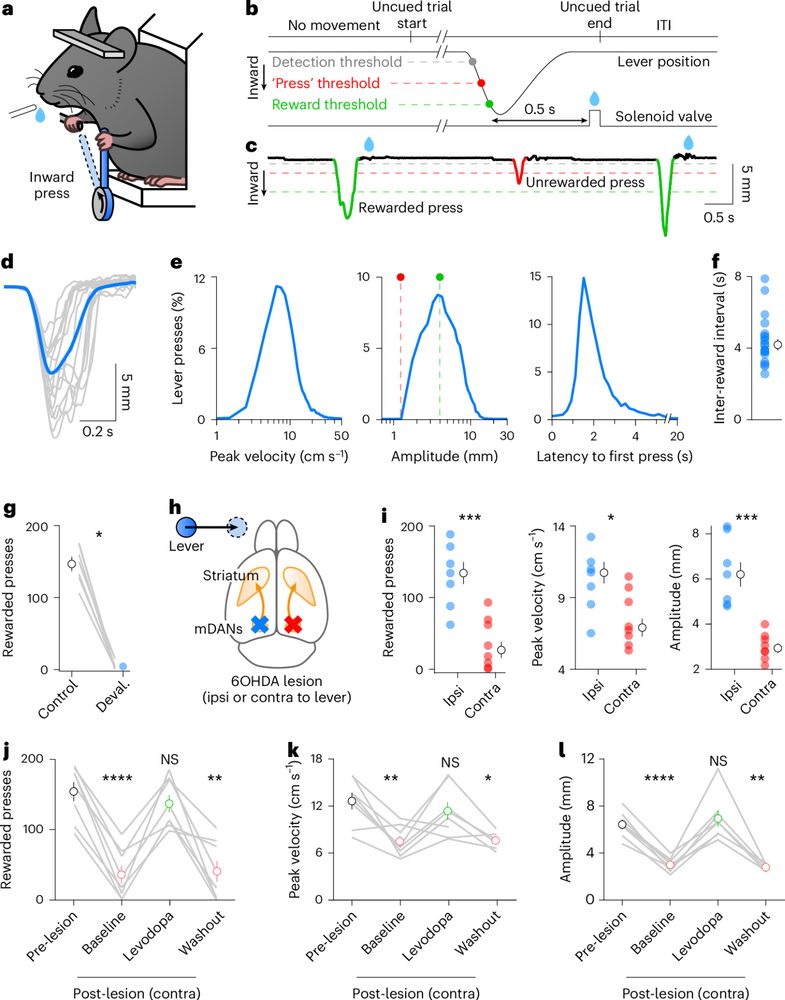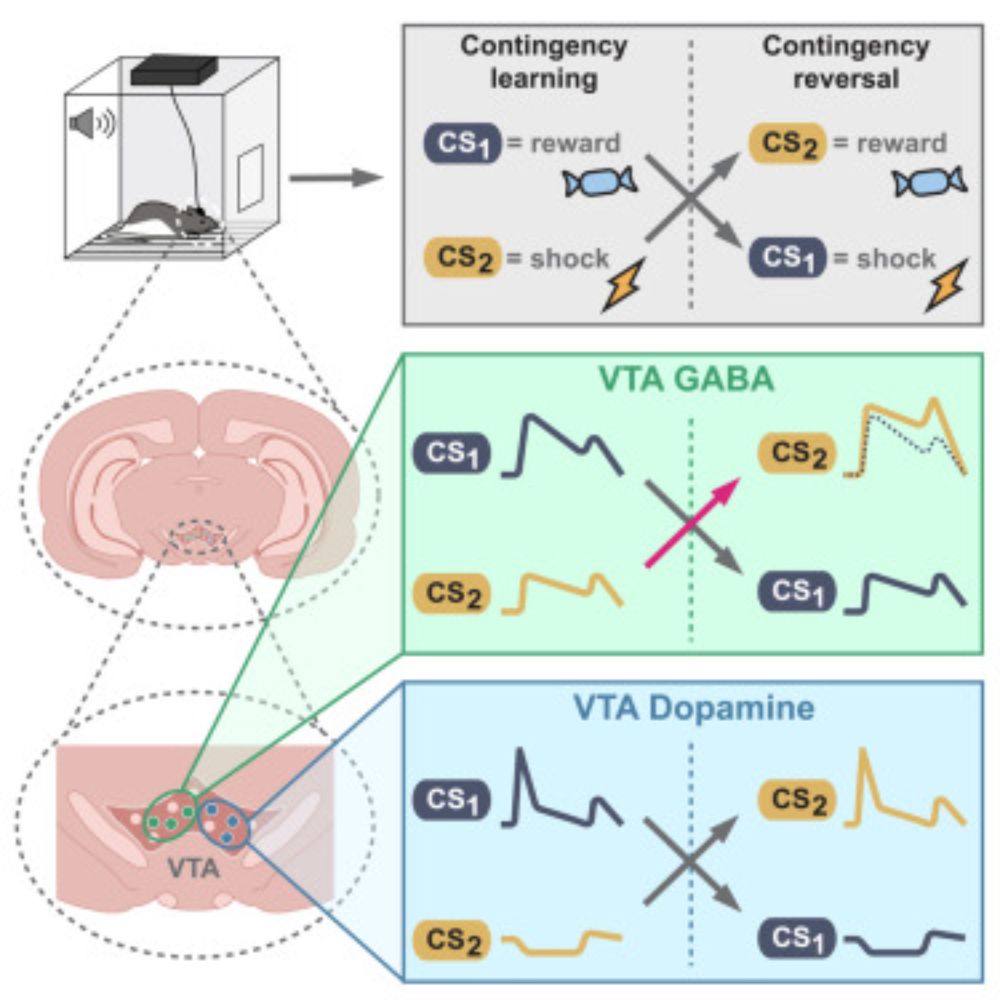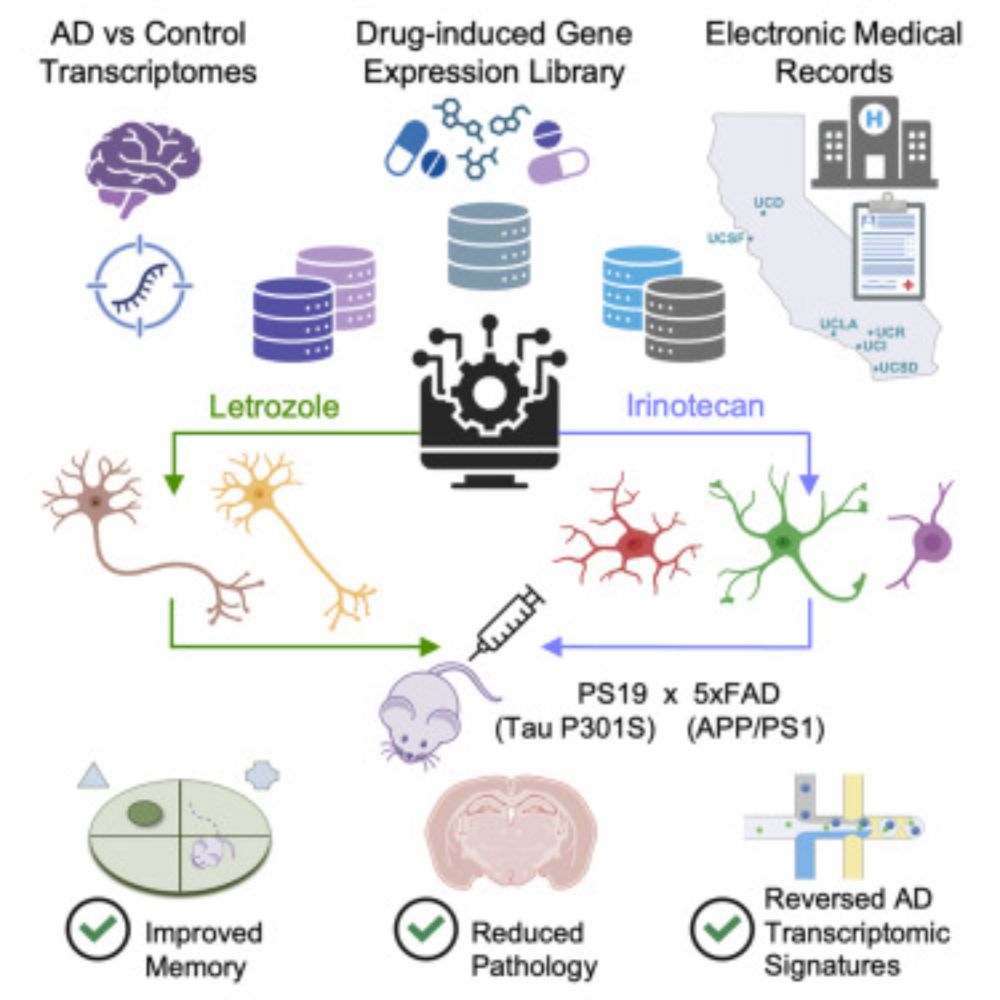


In some cases, members say, the group has helped people climb out of their destructive AI "spirals."
futurism.com/artificial-i...

In some cases, members say, the group has helped people climb out of their destructive AI "spirals."
futurism.com/artificial-i...
#blueprint 1/7

#blueprint 1/7
We tested whether brief striatal dopamine release events influence the vigor of skilled movements. Despite popular belief, we did not find any evidence linking rapid dopamine dynamics to motor vigor on a moment-by-moment basis.

We tested whether brief striatal dopamine release events influence the vigor of skilled movements. Despite popular belief, we did not find any evidence linking rapid dopamine dynamics to motor vigor on a moment-by-moment basis.

www.nature.com/articles/s41...
#neuroAI

www.nature.com/articles/s41...
#neuroAI
jamanetwork.com/journals/jam...

jamanetwork.com/journals/jam...
The effects of antidepressants on cardiometabolic & other physiological parameters: a systematic review & network meta-analysis.
🧪🧠💊 #medsky
www.thelancet.com/journals/lan...

The effects of antidepressants on cardiometabolic & other physiological parameters: a systematic review & network meta-analysis.
🧪🧠💊 #medsky
www.thelancet.com/journals/lan...
connectivity of neurons, revealing a structured, multi-scale code for economic variables. www.cell.com/neuron/fullt...

connectivity of neurons, revealing a structured, multi-scale code for economic variables. www.cell.com/neuron/fullt...





"Characterising and predicting seizure onsets from longitudinal sEEG data",
www.crick.ac.uk/careers-and-...
with @flor-iacaruso.bsky.social (Crick), Torsten Baldeweg (UCL) and Martin Tisdall (UCL).
Apply by: 14 November 2025.
"Characterising and predicting seizure onsets from longitudinal sEEG data",
www.crick.ac.uk/careers-and-...
with @flor-iacaruso.bsky.social (Crick), Torsten Baldeweg (UCL) and Martin Tisdall (UCL).
Apply by: 14 November 2025.
www.nature.com/articles/s41...

www.nature.com/articles/s41...
Individual differences in decision-making shape how mesolimbic dopamine regulates choice confidence and change-of-mind
www.nature.com/articles/s41...

Individual differences in decision-making shape how mesolimbic dopamine regulates choice confidence and change-of-mind
www.nature.com/articles/s41...
www.nature.com/articles/s41...

www.nature.com/articles/s41...
- a predator avoidance task with an eagle puppet 🦅
- rigid place coding and behavior in an #Alzheimer's model
- another predator avoidance task, with a taxidermied weasel 👀
Run, don't walk, to read one of my favorite papers this year: www.cell.com/cell-reports...

- a predator avoidance task with an eagle puppet 🦅
- rigid place coding and behavior in an #Alzheimer's model
- another predator avoidance task, with a taxidermied weasel 👀
Run, don't walk, to read one of my favorite papers this year: www.cell.com/cell-reports...
GABA, but not dopamine, neuron activation correlates with behavior when cues unexpectedly shift from predicting punishment to predicting reward www.sciencedirect.com/science/arti...

GABA, but not dopamine, neuron activation correlates with behavior when cues unexpectedly shift from predicting punishment to predicting reward www.sciencedirect.com/science/arti...
www.cell.com/cell/fulltex...

www.cell.com/cell/fulltex...


